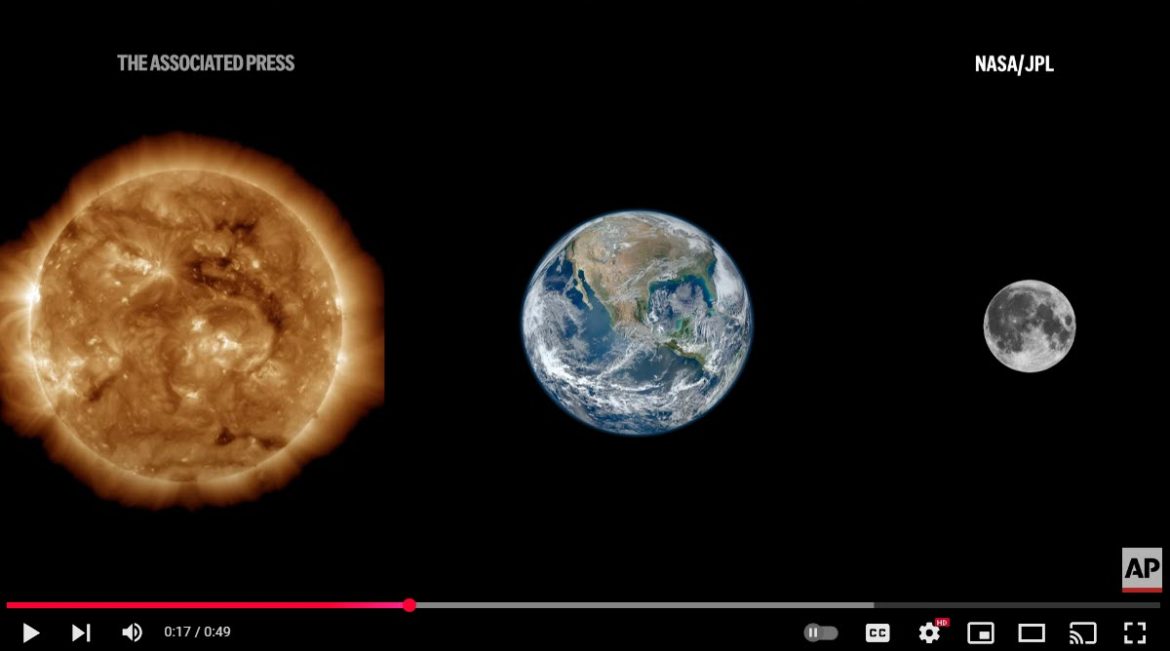A spectacular total lunar eclipse, often referred to as a “Blood Moon,” is set to occur on the night of March 13 into the early hours of March 14, 2025. This celestial event will be visible across vast regions, including North and South America, Europe, Africa, and parts of Asia.
Eclipse Timeline and Visibility
The eclipse will unfold over approximately six hours, with key phases as follows:
- Penumbral Eclipse Begins: 11:57 p.m. EDT on March 13 (03:57 UTC, March 14)space.com+1People+1
- Partial Eclipse Begins: 1:09 a.m. EDT on March 14 (05:09 UTC)
- Total Eclipse (Totality): 2:26 a.m. to 3:31 a.m. EDT on March 14 (06:26 to 07:31 UTC)space.com+3People+3forbes.com+3
- Partial Eclipse Ends: 4:44 a.m. EDT on March 14 (08:44 UTC)
- Penumbral Eclipse Ends: 6:00 a.m. EDT on March 14 (10:00 UTC)
During totality, the Moon will pass through Earth’s umbral shadow, taking on a reddish hue due to the scattering of shorter wavelengths of light in Earth’s atmosphere—a phenomenon that gives rise to the term “Blood Moon.”
Viewing Recommendations
Observers do not require special equipment to view the eclipse; it is safe to watch with the naked eye. However, using binoculars or a telescope can enhance the experience by providing a closer view of the Moon’s surface during the eclipse. For optimal viewing, it is advisable to find a location away from city lights to minimize light pollution.
Weather Considerations
Weather conditions play a crucial role in eclipse visibility. In regions like Connecticut, forecasts predict mostly cloudy skies, which may obstruct the view. Conversely, areas such as Ireland are expected to have clear conditions, offering prime viewing opportunities. ctinsider.comthesun.ie
Global Visibility
The eclipse will be entirely visible across North and South America, with regions in Europe, Africa, and parts of Asia witnessing partial phases. For instance, in Spain, the eclipse will be especially visible in the early morning, coinciding with the sunrise. en.wikipedia.orgas.com
Safety and Next Occurrence
Unlike solar eclipses, lunar eclipses are safe to observe without any eye protection. For those who may miss this event, the next total lunar eclipse is scheduled for September 7, 2025. thesun.iePeople



